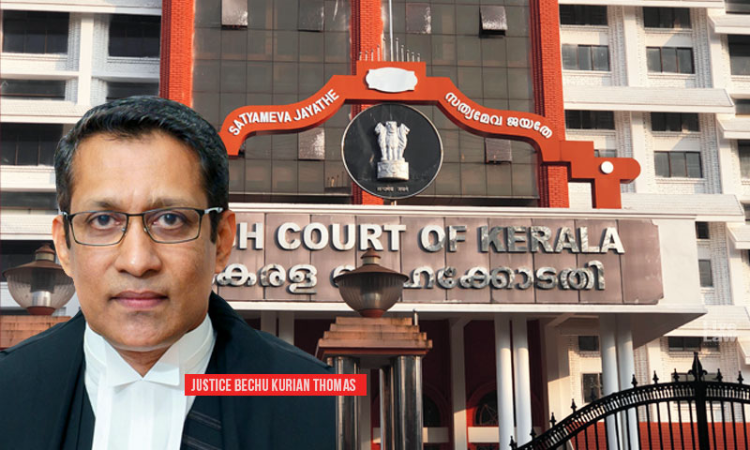Assessee's Recourse To Constitutional Provisions Not A 'Proceeding Under Income Tax Act' : Kerala High Court
Hannah M Varghese
25 March 2022 9:36 AM IST

Next Story
25 March 2022 9:36 AM IST
The Kerala High Court on Thursday ruled that a Special Leave Petition filed by an assessee under Article 136 of the Constitution of India cannot be regarded as a proceeding under the Income Tax Act. Justice Bechu Kurian Thomas held that while an assessment, appellate, and even revisional proceeding qualify as "proceedings under this Act', one instituted under the Constitution did not. "As...
